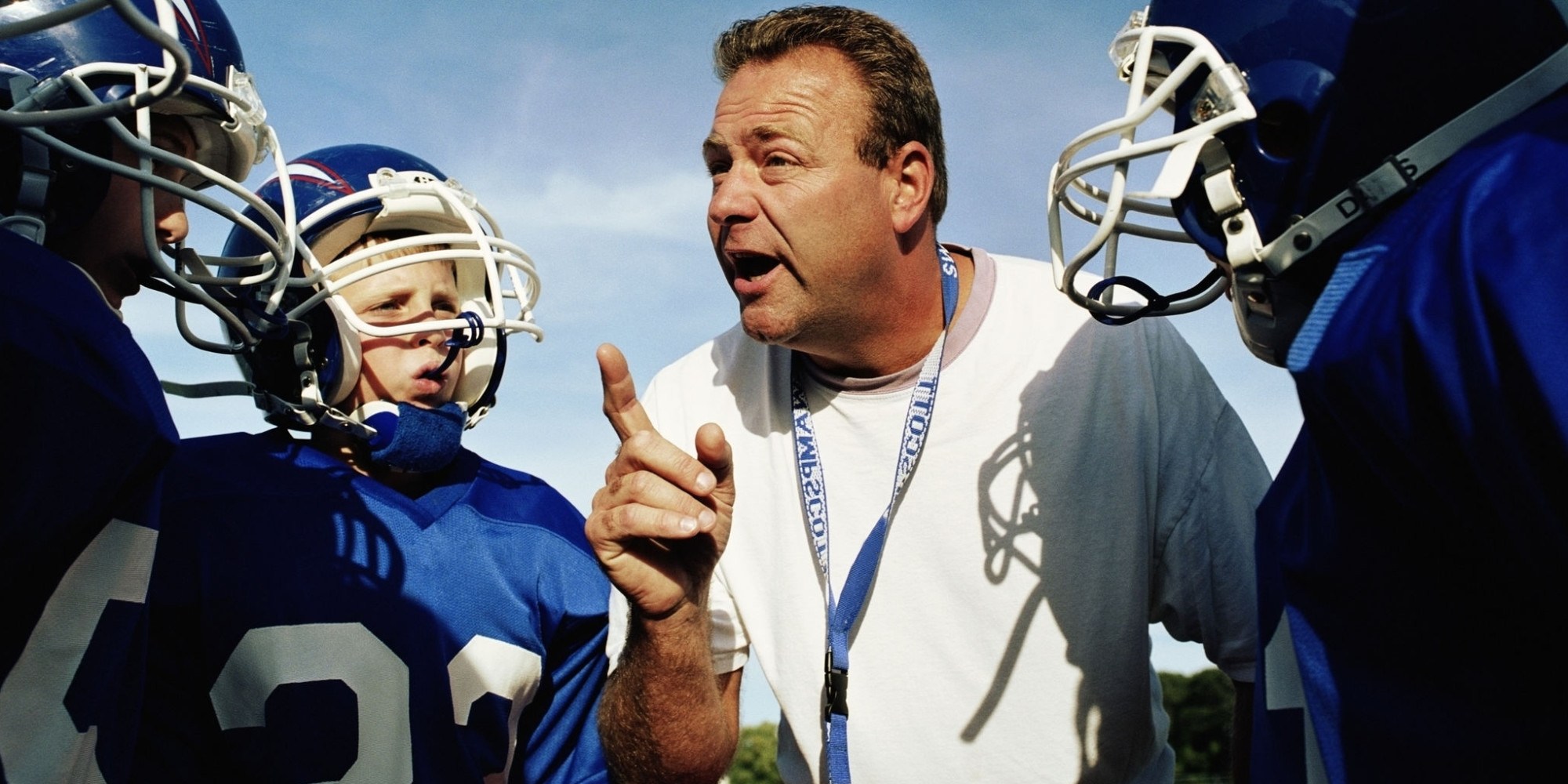
By Dr. Michael J. Hahesy |
“Coaches who can show moves on the mat are a dime a dozen! The good ones, the ones who win, the best ones, can get inside their players heads and motivate them to bigger and better things both in sports and more importantly in life.”
After being a coach for many years, I am starting to wonder how many drills, wrestling strategies, and practice plans I have stored in my brain. I have given hundreds of pre-game speeches, wrestled and coached in countless matches, and spent too many hours in the wrestling room to even begin to count. Through all of my experiences, both the good and the bad, I have gradually developed my own coaching philosophy. In addition, I’ve come up with six questions to ask oneself when developing a coaching philosophy.
#1 – Can you live this philosophy? It’s easy to create a philosophy that looks good on paper, but is it realistic? Are you prepared to stand by this coaching philosophy with the same level of integrity on the last day of the season as you were on the first day of tryouts? Can you hold the best kid and the worst kid to the same standard?
#2 – Does this philosophy align to a value statement? All coaches are tied to some organization; mine is and has always been an academic institution. If your coaching philosophy goes against the values of that institution, are you willing to adapt your approach?
#3 – Does this philosophy reflect the goals of your athletes or team? Knowing the type of athlete or team that you will be coaching is important. If you can present a coaching philosophy that aligns with your athletes’ goals, it will be easier to get their buy-in.
#4 – What have you learned from past experiences? I have been so fortunate in my wresting experiences to have been coached by some of the greatest wrestling coaches in history – Ron James, Dan Gable, J Robinson, Chuck Yagla, Mark Johnson, Keith Mourlam, Mike DeAnna, and Bruce Baumgartner and many other assistants. My philosophy is not mine at all, but rather a combination of what I’ve learned from these coaches.
#5 – Can you change with the times? I remember my first year of coaching one of the highly successful local coaches told me the following “these damn kids anymore, they are lazy, don’t work hard, and they just don’t listen”. I didn’t know what he was talking about then but I do now. Times have changed, but did he? You must be open to evolving with the times and adjusting your coaching philosophy accordingly.
#6 – Develop a relationship with your athletes! In order to reach your athletes you must develop a relationship with them. “Remember, they don’t care how much you know until they know how much you care”. Open up to your team – let them get to know you and make an effort to get to know them.
Dr. Michael J. Hahesy is an Assistant Professor at Edinboro University of Pennsylvania and the head wrestling coach at Erie Cathedral Preparatory High School. He is also a member of the United States Sports Academy’s national faculty, credentialed to teach the institution’s post-seconary, non-degree programs overseas.
I believe that being able to live up to your philosophy helps a coach inspire their team without being overbearing and causing them to burn out.